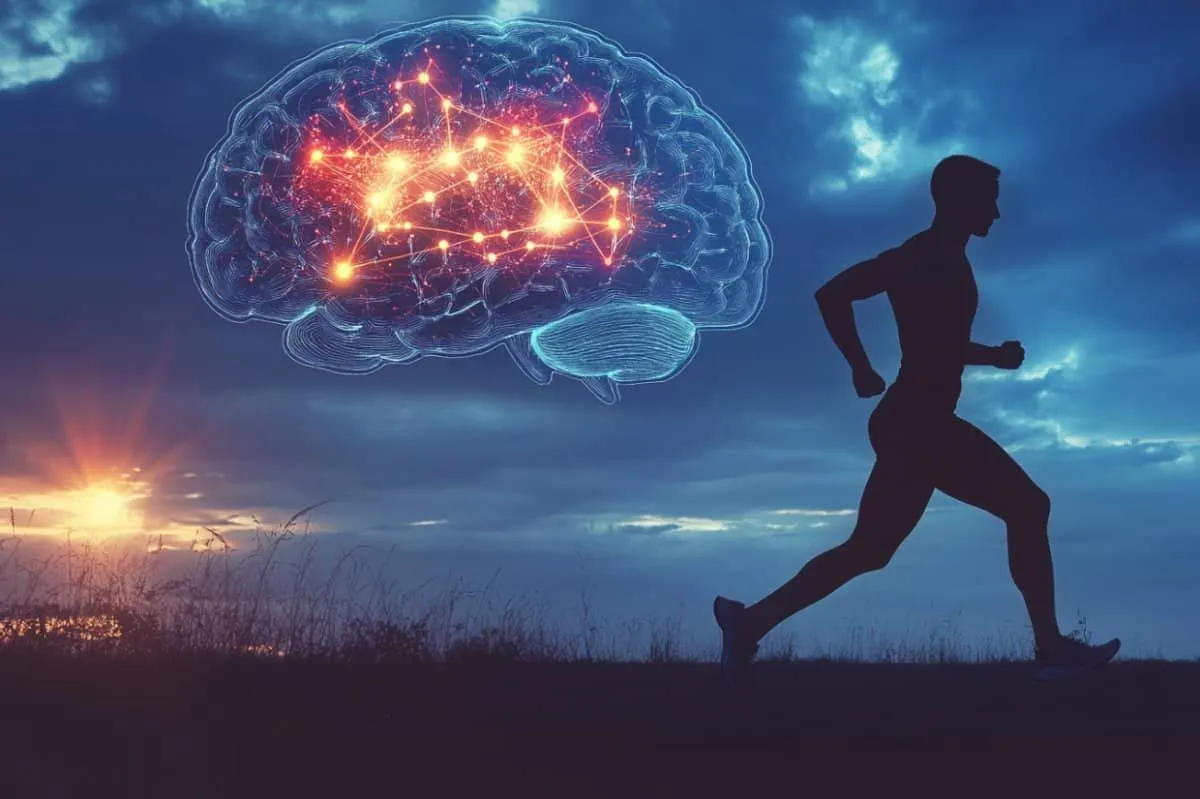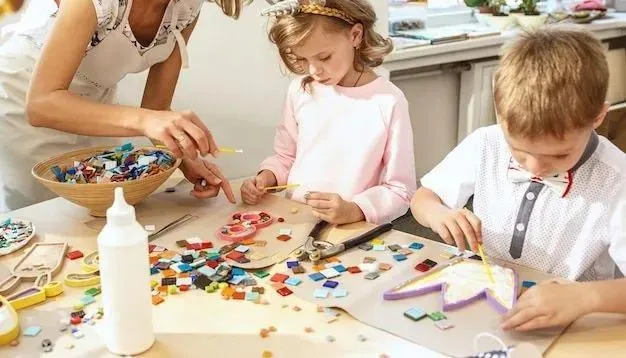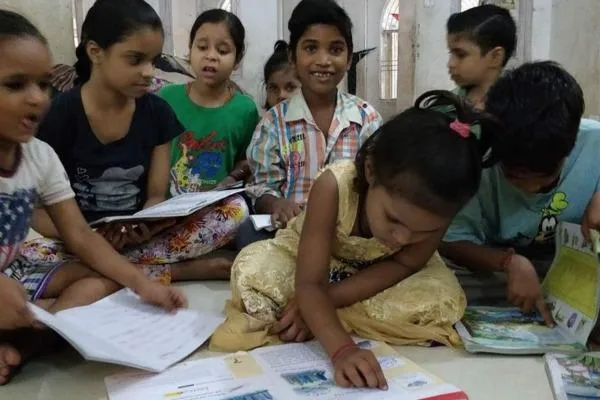
How Your Brain Rewrites Memories and Shapes Your Future
How Your Brain Rewrites Memories and Shapes Your Future
Memory is often thought of as a faithful record of our past, a mental video tape we can replay at will. However, groundbreaking research reveals that our memories are far from static. Each time we recall an event, our brain actively reconstructs and reshapes it, subtly altering details in a process akin to the childhood game of telephone. This phenomenon, studied extensively by neuroscientists, suggests that our most cherished memories—moments from childhood, first loves, or pivotal life events—may not be as accurate as we believe. Instead, they are stories, rewritten and edited by our brains each time we revisit them.
This dynamic nature of memory doesn’t just affect how we view the past; it has profound implications for how we shape our future. By understanding that our memories are malleable, we can harness this knowledge to craft a narrative that empowers us. In this breaking news report, we dive into the latest developments in memory research, explore how our brains rewrite the past, and discuss how the stories we tell ourselves can define the lives we create.
The Science Behind Memory Reconstruction
Neuroscientists at Northwestern University have compared memory recall to the telephone game, where a message is passed from one person to another, often becoming distorted along the way. Each time we recall an event, our brain doesn’t simply retrieve a stored file; it reconstructs the memory from scratch. This process involves piecing together fragments of sensory details, emotions, and context, which are stored in different parts of the brain. As a result, each recollection introduces subtle changes, influenced by our current emotions, biases, or external cues.
This reconstruction process is driven by the brain’s neural plasticity, the ability of neural networks to adapt and change over time. When we recall a memory, neurons fire in patterns that may incorporate new information or emotional states, effectively rewriting the memory. For example, a joyful childhood memory might take on a bittersweet tone if recalled during a moment of sadness. Over time, these alterations can accumulate, leading to memories that may deviate significantly from the original event.

Why Memories Feel Real Despite Being Altered
Despite these changes, our memories often feel vivid and real. This is because the brain prioritizes coherence over accuracy. When reconstructing a memory, it fills in gaps with plausible details, creating a seamless narrative that feels authentic. This process is why two people who experienced the same event might recall it differently—each brain constructs its own version of the story, shaped by individual perspectives and emotions.
For instance, consider a family gathering from years ago. You might remember the event as a joyful occasion filled with laughter, while a sibling recalls it as tense due to an underlying family dispute. Neither recollection is necessarily “wrong”; they simply reflect how each person’s brain has reconstructed the event. This phenomenon raises fascinating questions about the reliability of memory in contexts like eyewitness testimony or personal reflection.
The Implications for Our Past and Future
The idea that our memories are not fixed but fluid challenges the notion that our past defines us. If our memories are stories we tell ourselves, then we have the power to reshape those stories. This insight is particularly empowering when it comes to traumatic or painful memories. By consciously reframing how we recall these events, we can reduce their emotional impact and create a narrative that aligns with our goals and values.
For example, someone who experienced a difficult childhood might choose to focus on moments of resilience or lessons learned rather than dwelling on pain. This act of reframing doesn’t erase the past but transforms how it influences the present and future. Psychologists call this process “narrative therapy,” a technique that helps individuals rewrite their life stories to foster healing and growth.
Shaping Your Future Through Storytelling
Just as our past is a story we reconstruct, our future is a narrative we can actively shape. The stories we tell ourselves about who we are and what we’re capable of influence our decisions, goals, and aspirations. If you repeatedly tell yourself that you’re destined for failure, that narrative can become a self-fulfilling prophecy. Conversely, adopting a story of resilience and possibility can propel you toward success.
This concept is particularly relevant in today’s fast-paced world, where self-perception plays a critical role in mental health and personal development. By consciously choosing the stories we repeat—whether through journaling, therapy, or self-reflection—we can create a future that aligns with our deepest desires. This approach is not about denying reality but about focusing on the aspects of our story that empower us.
Practical Steps to Rewrite Your Narrative
Rewriting your personal narrative doesn’t happen overnight, but there are practical steps you can take to harness the power of memory reconstruction. First, practice mindfulness to become aware of the stories you tell yourself. Pay attention to recurring thoughts or beliefs that shape how you view your past and future. Are these stories empowering, or do they hold you back?
Next, engage in reflective practices like journaling or therapy to explore and reframe your memories. For example, write about a challenging experience and focus on what you learned or how it made you stronger. Over time, this practice can shift the emotional weight of the memory, allowing you to view it in a new light.
Finally, surround yourself with positive influences—people, books, or environments that reinforce the narrative you want to create. The stories we hear from others can subtly shape our own, so choose influences that inspire growth and possibility.
The Broader Impact on Society
The discovery that memories are malleable has far-reaching implications beyond individual psychology. In legal settings, for instance, the reliability of eyewitness testimony has come under scrutiny, as memories can be influenced by leading questions or external suggestions. This has led to calls for reforms in how witness statements are collected and used in court.
In education, understanding memory reconstruction can help teachers create learning environments that reinforce positive narratives. By encouraging students to view challenges as opportunities for growth, educators can help shape resilient, confident individuals. Similarly, in workplaces, leaders can foster cultures that emphasize constructive storytelling, boosting employee morale and productivity.
On a societal level, the stories we collectively tell—about history, culture, or identity—shape our shared future. By critically examining these narratives and choosing ones that promote unity and progress, we can build a more inclusive and forward-thinking world.
Comment / Reply From
You May Also Like
Popular Posts
Newsletter
Subscribe to our mailing list to get the new updates!





